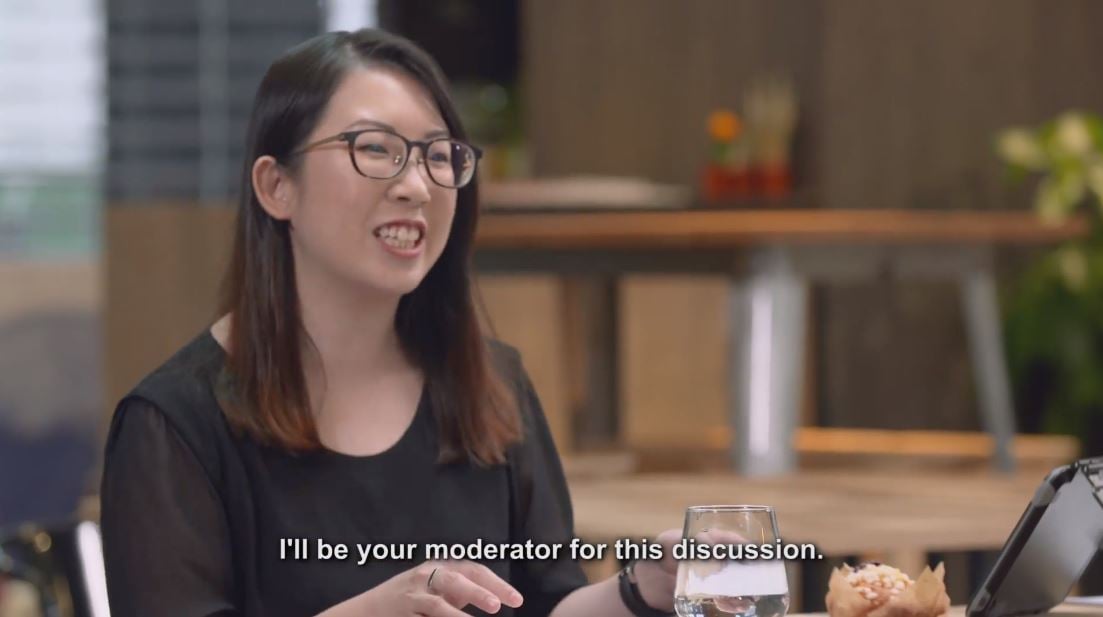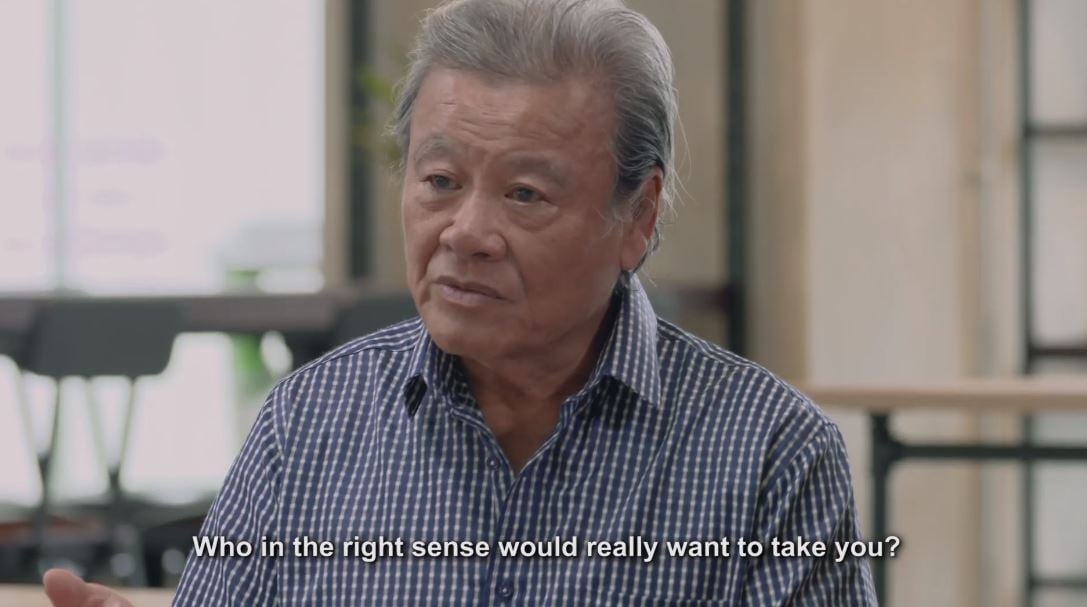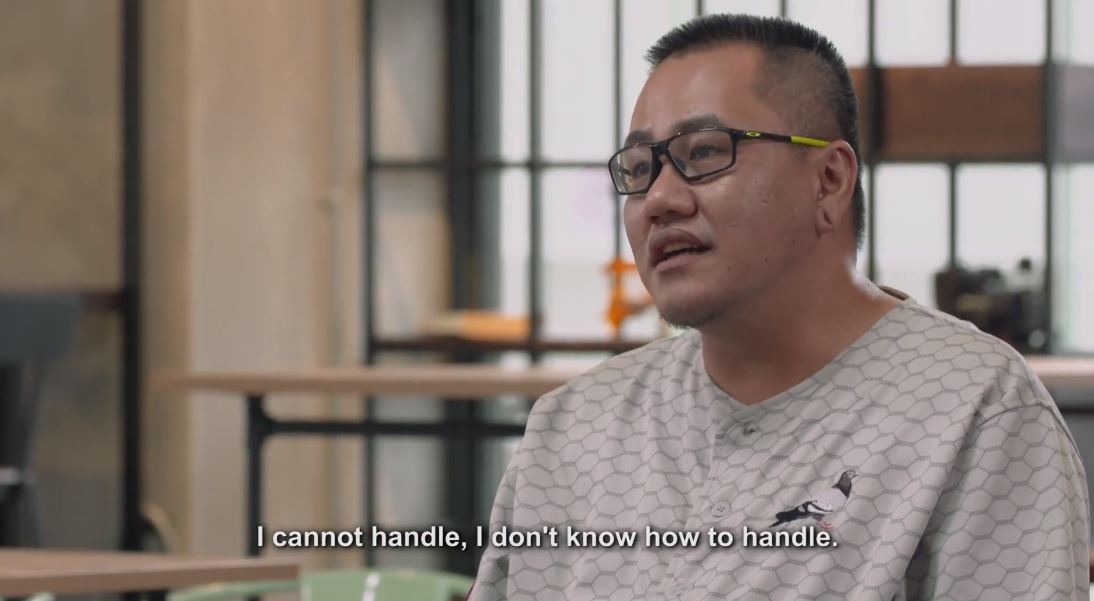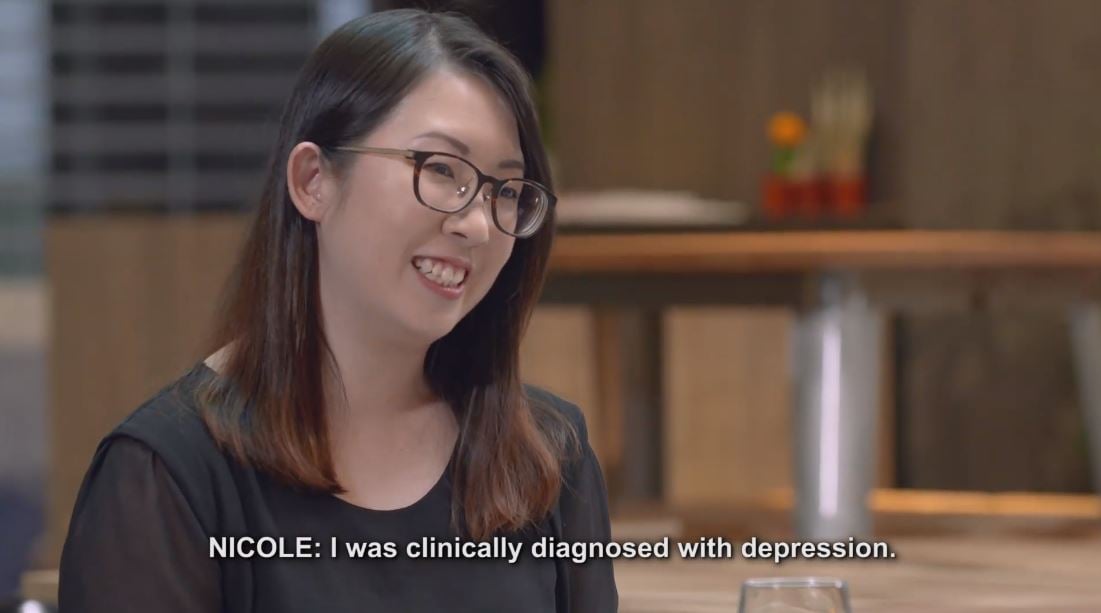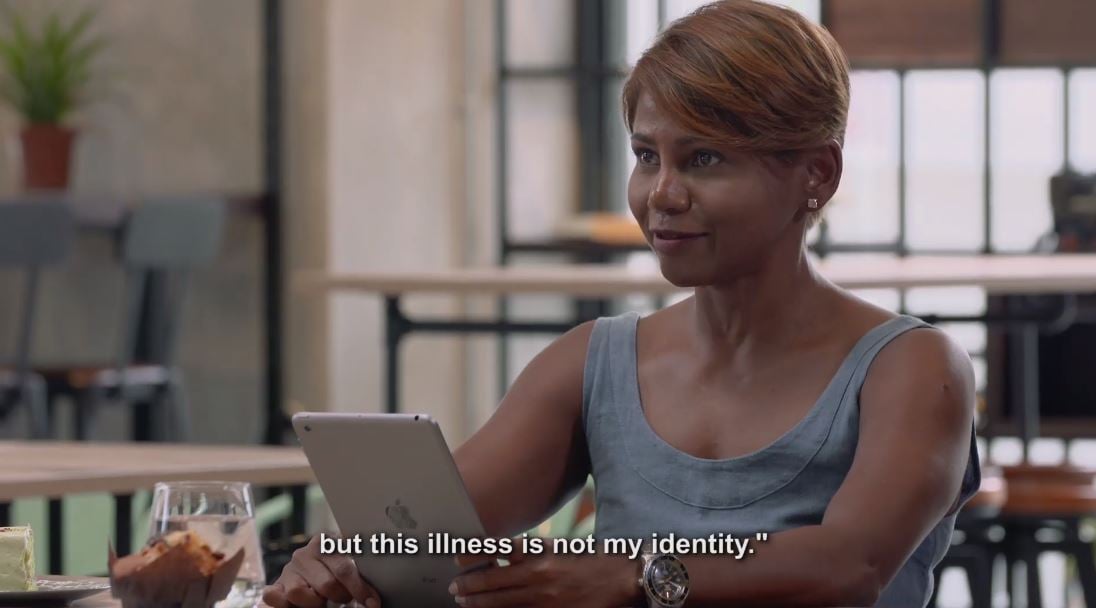Mental Health Stigma Is A Real Issue In Singapore
Some people say love doesn’t discriminate. Well, neither does mental health illness.
A bunch of Singaporeans learnt this lesson in more ways than you’d expect in a meaningful experiment by Beyond The Label SG.
The viral video has garnered 1.6k shares in just one day, and you’re reminded to keep your tissue box close if you plan on viewing it.
1 in 8 adults have mental health issues
Although “1 in 8 adults experienced mental health issues”, no one really talks about it in Singapore.
The social experiment sought to uncover what regular Singaporeans honestly thought of mental health patients.
Bear in mind, this was a strictly #nofilter interview, and each participant had a moderator paired with them for the discussion.
The two moderators introduced themselves as Nicole and Nicholas, as they sat at a table in a cafe.
“Biopolar disorder”
When asked what they knew about “mental illness in Singapore”, respondents answered that there’s “depression” and “biopolar disorder” aka bipolar disorder.
Other words used to describe patients included “wire short circuit”, “crazy”, “siao” and some who felt it had “nothing to do with me”.
Only given simple jobs like “sweeper, cleaner”
As for whether they would hire anyone with a mental illness, Singaporeans responded predictably.
Participants agreed they would “make them work in the admin side” or find simple jobs like “sweeper, cleaner” for them.
An uncle reasoned that “either they hurt themselves or they’re gonna hurt someone else”.
And with these stereotypes working against them, he added,
If you have mental illness, you apply for a job who in the right sense would really want to take you?
Mental health patients may “get quite manipulative”
Dating was also not on the cards for many participants.
They felt that mental health patients may “get quite manipulative” by threatening to “cut” or “kill” themselves when a break up is suggested.
Or that they may “tend to post unreasonable things” and “kick a fuss” over small matters.
A male participant summed it up succinctly,
I cannot handle, I don’t know how to handle
“We’re not doctors, we can’t handle it”
What about when the mental health issues hit closer to home — a patient who’s a friend or family member?
Singaporeans agreed that the “bridging needs to be a family, not a stranger” but that since we’re “not doctors” we may “not be able to handle it”.
Others mentioned that they would distance themselves from the “crazy person”, and avoid confrontation.
The gut-wrenching twist
Then comes a shocking twist.
The moderators Nicholas and Nicole reveal themselves to be long-time sufferers of clinical depression.
Cue the awkward reactions and extremely guilty faces of participants.
But the experiment is not over yet, participants now have to read a letter out loud.
An empowering letter
A letter that Nicole and Nicholas penned to themselves after they recovered from their mental illness.
This is what the letter reads,
12 years is a long time to live with a mental health condition.
In the 12 years that I have been diagnosed with depression, this is what I’ve learnt.
I’ve learnt that the greatest battles we fight are the ones with ourselves.
I’ve learnt that most conversations about employment end, the moment I reveal my diagnosis.
I’ve learnt that shame is something society teaches you.
I’ve learnt how to say sorry for showing symptoms of my condition.
I’ve learnt that friends can disappear and I will never hear from them again.
I’ve learnt that family doesn’t always know how to support you no matter how much you need them.
I’ve learnt that hope is a little voice that whispers ‘Maybe’.
I’ve learnt that recovery is a process.
I’ve learnt that one small crack doesn’t mean I’m broken.
I’ve learnt that I have an illness, but this illness is not my identity.
Guilty but heartfelt reactions
Many of the participants couldn’t make it through the letter without getting teary-eyed.
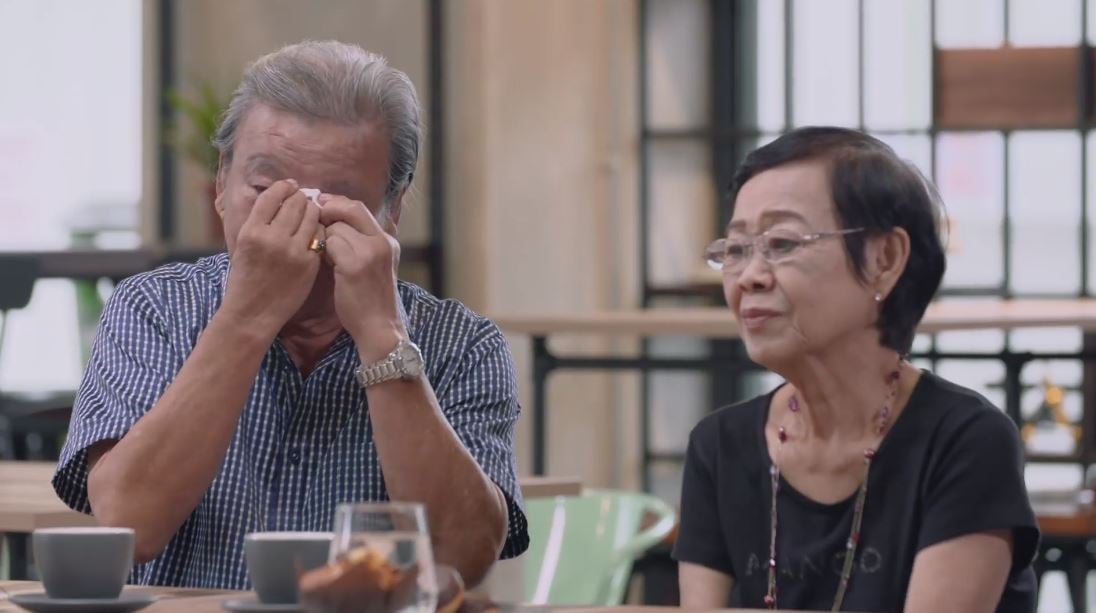
Whether it was due to their guilt at saying what they did earlier, or if they simply empathised with how their moderators suffered over the years.
Mental health doesn’t discriminate
We have to learn to look beyond labelling patients with mental health issues as “siao” or “crazy” as a nation.
The brilliant experiment points out that there are simple steps we can all take to reduce the stigma involved.
We can all play a part by joining the conversation, or confronting our unfair stereotypes towards people who’ve been diagnosed.
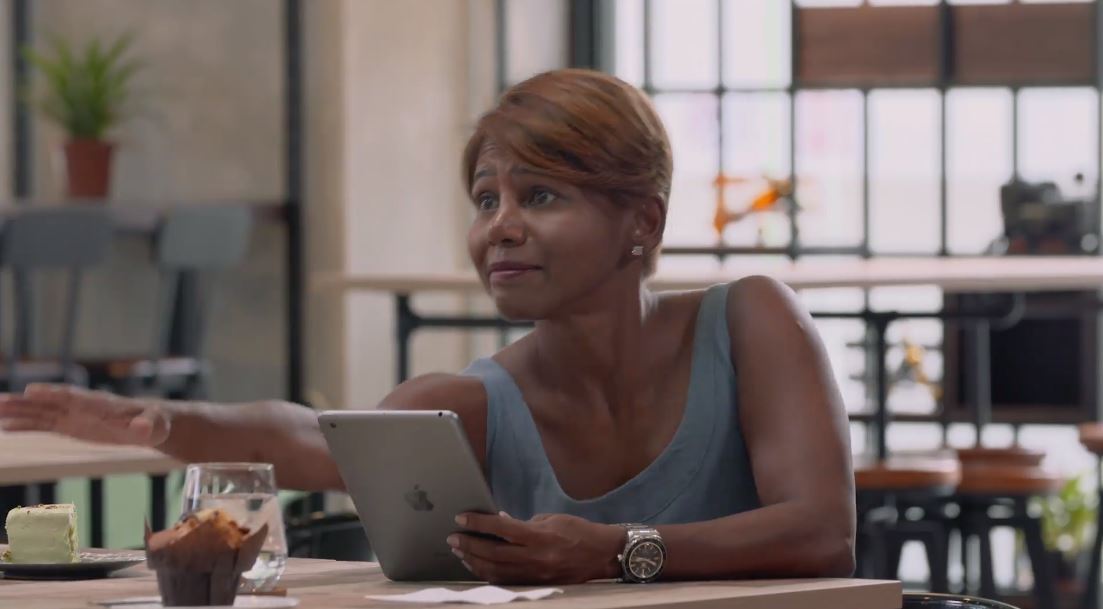
As the opening narration states,
I don’t think mental health issues discriminate against anyone, of any race, gender or social background.
If mental health issues don’t discriminate? Why should we?
Helplines and resources
If you suspect that you or your loved ones could be facing issues pertaining to mental health, do take note of the following helplines.
Institute of Mental Health (IMH)
Tel: 6389 2222 (24h)
Website: www.imh.com.sg
Samaritans of Singapore (SOS)
Tel: 1800 221 4444 (24h)
Website: www.samaritans.org.sg
Singapore Association for Mental Health (SAMH)
Tel: 1800 283 7019 (Weekdays: 9am – 1pm, 2pm – 6pm)
Website: www.samhealth.org.sg
Chat – Mental Healthcare Professionals
Tel: 6493 6500/01
Website: www.chat.mentalhealth.sg
Featured image from Beyond The Label SG.

